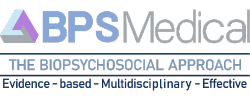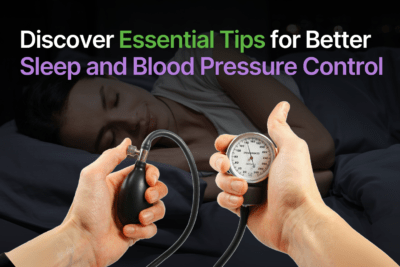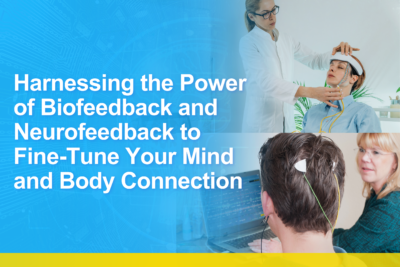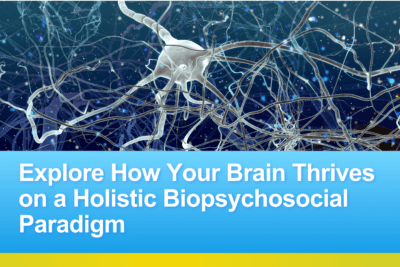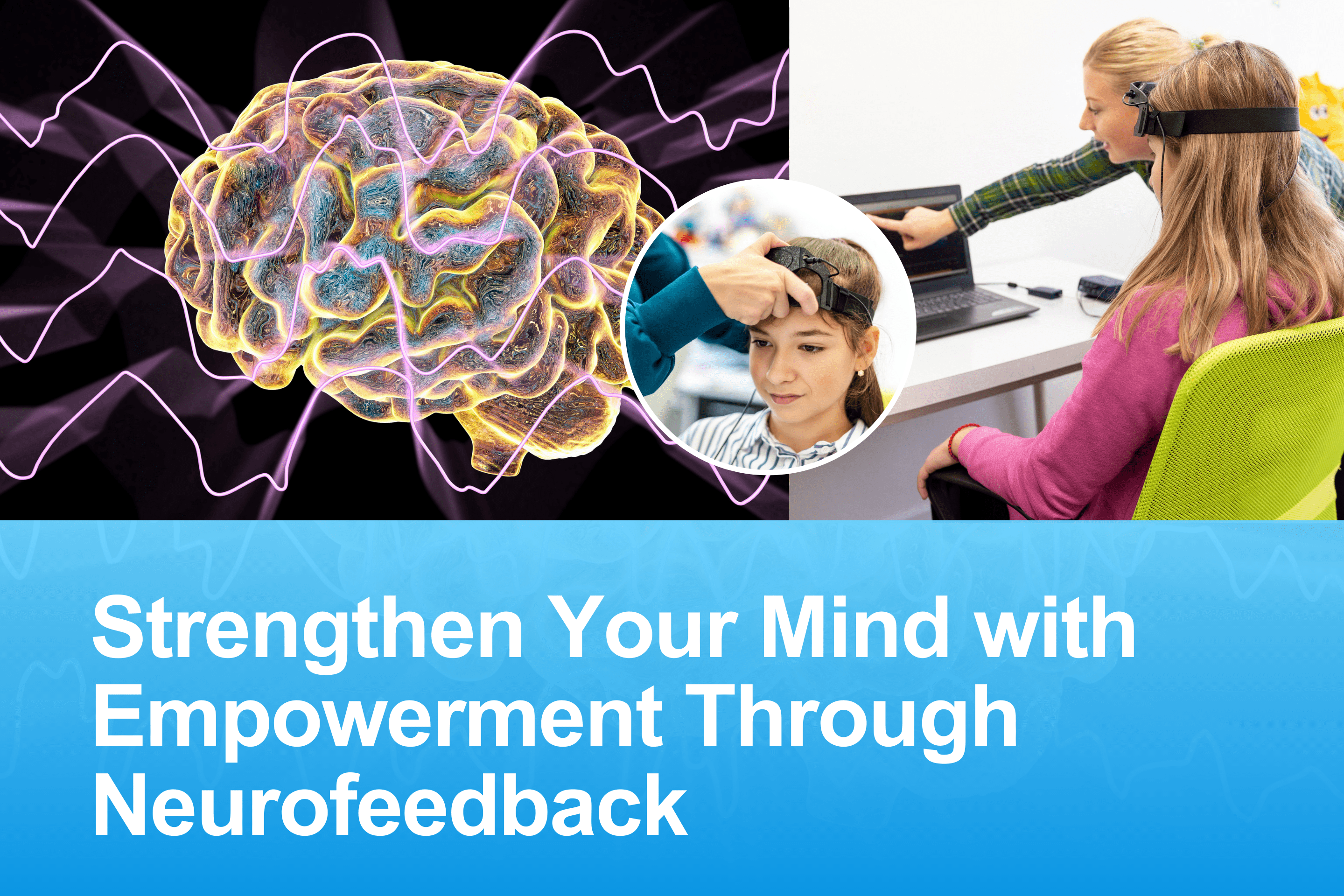
Home » Empowering Mental Wellness Through Neurofeedback Therapy
Mental wellness is a crucial aspect of overall health, affecting our thoughts, emotions, and behaviors.
What is mental wellness?
Emotional Well-being: The ability to manage stress, recognize and express emotions, and maintain a positive outlook on life.
Psychological Well-being: The ability to develop and maintain healthy relationships, cope with challenges, and maintain a sense of purpose and direction.
Social Well-being: The ability to form and maintain healthy relationships, feel connected to others, and contribute to the community.
Coping Skills: Effective strategies to manage stress and adversity, including problem-solving skills and resilience.
Self-Esteem: A positive view of oneself and confidence in one’s abilities.
Balance: Maintaining a healthy balance between work, play, rest, and activity.
Promoting mental wellness involves activities and habits such as regular physical activity, healthy eating, sufficient sleep, mindfulness and meditation, social connection, and seeking professional help when needed.
What Does Mental Health Wellness Look Like?
- Emotional Stability: Regularly experiencing positive emotions like happiness, contentment, and calm.
- Healthy Relationships: Engaging in meaningful, positive interactions with others.
- Productivity: Effectively managing responsibilities at work, school, or home.
- Coping Mechanisms: Utilizing healthy strategies to handle stress, such as talking to someone, exercising, or practicing mindfulness.
- Self-Care: Prioritizing activities that promote physical and mental well-being, like hobbies, relaxation, and proper sleep.
- Adaptability: Being able to adjust to change and manage uncertainty without significant distress.
What are the Types of Mental Health?
Breaking Down the Different Types of Mental Health Disorders
Mental health can be categorized into various types based on different mental health conditions:
- Mood Disorders: Conditions like depression, bipolar disorder, and dysthymia, where mood regulation is impaired.
- Anxiety Disorders: Includes generalized anxiety disorder, panic disorder, social anxiety disorder, and phobias.
- Personality Disorders: These involve enduring patterns of behavior, cognition, and inner experience that deviate from cultural expectations, such as borderline personality disorder, narcissistic personality disorder, and antisocial personality disorder.
- Psychotic Disorders: Conditions like schizophrenia, where a person experiences distorted thinking, perceptions, and emotions.
- Eating Disorders: These involve unhealthy eating habits that negatively impact physical and mental health, such as anorexia nervosa, bulimia nervosa, and binge-eating disorder.
- Obsessive-Compulsive and Related Disorders: Includes OCD, body dysmorphic disorder, and hoarding disorder.
- Trauma-Related Disorders: Post-traumatic stress disorder (PTSD) and acute stress disorder result from exposure to traumatic events.
- Neurodevelopmental Disorders: Conditions like ADHD, autism spectrum disorders, and learning disabilities that typically manifest in early development.
Discover the Power of Neurofeedback for Mental Wellness at BPS Medical
At BPS Medical, a mental wellness center in Ft. Lauderdale, FL, we believe in innovative approaches to mental health that go beyond conventional treatments. Neurofeedback therapy is a groundbreaking method that holds immense promise in addressing conditions like ADHD, anxiety, PTSD, and more. In this post, we’ll explore the transformative potential of neurofeedback in promoting mental wellness.
- Understanding Neurofeedback: Neurofeedback utilizes real-time brain activity monitoring to provide feedback and facilitate self-regulation. By training the brain to operate more efficiently, it can help alleviate symptoms associated with various mental health conditions. Our neurofeedback sessions at BPS Medical are tailored to individual needs, offering a personalized path to healing.
- Targeting Specific Challenges: Whether it’s managing attention deficits, mitigating anxiety symptoms, or addressing trauma-related issues, neurofeedback offers targeted interventions. Through precise evaluation and neurofeedback protocols, we help clients rewire neural pathways and cultivate healthier patterns of brain activity.
- Empowering Self-Regulation: One of the key benefits of neurofeedback is its emphasis on empowering individuals to regulate their own brain function. By learning to modulate brainwave patterns, clients gain greater control over their mental states, leading to enhanced resilience and well-being.
Neurofeedback therapy represents a revolutionary shift in mental health treatment, offering a non-invasive, drug-free approach with lasting benefits. At BPS Medical, our neurofeedback programs are designed to empower individuals on their journey toward mental wellness, harnessing the transformative potential of biopsychosocial interventions.
Neurofeedback Therapy for ADHD, Anxiety, PTSD and Sleep Disorders: A Breakthrough at BPS Medical
What is Neurofeedback Therapy?
Neurofeedback therapy, also known as EEG biofeedback, is a non-invasive therapeutic intervention that aims to train the brain to function more efficiently.
The Basics of Neurofeedback
Neurofeedback involves monitoring brainwave activity through sensors placed on the scalp. This real-time data is then used to provide feedback, often in the form of visual or auditory signals, to help individuals self-regulate their brain activity.
How Neurofeedback Works
- Brainwave Monitoring: Sensors detect brainwave patterns.
- Feedback Mechanism: The information is processed and fed back to the individual.
- Self-Regulation Training: Individuals learn to adjust their brainwaves to healthier patterns.
The Science Behind Neurofeedback
Neurofeedback is grounded in neuroscience and psychology, leveraging the brain’s neuroplasticity – its ability to change and adapt. By reinforcing desired brainwave patterns, neurofeedback helps improve various mental health conditions. To learn more, please click here.
The Role of Neurofeedback in Cognitive Enhancement
Benefits of Neurofeedback Therapy for Boosting Psychological Well-being
Neurofeedback therapy offers numerous benefits for mental wellness, from reducing anxiety to enhancing cognitive functions.
Alleviating Anxiety and Stress
Anxiety and stress are common mental health issues that can significantly impair quality of life. Neurofeedback therapy helps modulate brainwave activity associated with these conditions, promoting relaxation and calmness.
Case Studies on Anxiety Reduction
Studies have shown that individuals undergoing neurofeedback therapy report a marked decrease in anxiety symptoms, often with long-lasting effects.
Improving Focus and Attention
Neurofeedback therapy is also beneficial for individuals with attention-deficit/hyperactivity disorder (ADHD). By training the brain to maintain focus, it can significantly improve attention spans and reduce impulsivity.
Success Stories in ADHD Treatment
Numerous success stories highlight the effectiveness of neurofeedback in enhancing concentration and academic performance among children and adults with ADHD.
Enhancing Mood and Emotional Regulation
Mood disorders, such as depression, can be debilitating. Neurofeedback therapy aids in balancing brainwave activity, thereby improving mood stability and emotional regulation.
Neurofeedback for Depression
Clinical trials have demonstrated positive outcomes in using neurofeedback therapy for managing depression, showing improvements in mood and overall mental wellness.
Choosing a Neurofeedback Therapist Near You
Selecting a qualified neurofeedback therapist is crucial for achieving the best results.
Qualifications and Experience
Ensure the therapist is certified and experienced in neurofeedback therapy.
Certification and Training
Look for certifications from recognized bodies such as the Biofeedback Certification International Alliance (BCIA).
Personalized Approach
A good therapist should offer a personalized approach, considering each individual’s unique needs and goals.
Customized Care Plans
Therapists should provide customized care plans that evolve based on the individual’s progress and feedback.
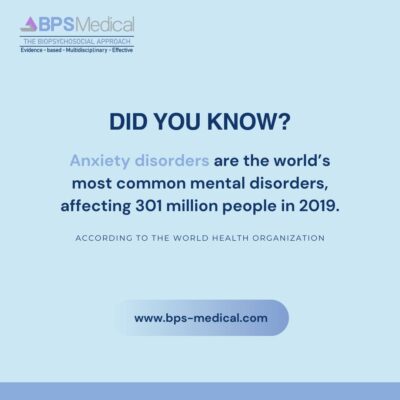
Advanced Mental Health Treatments: The Promise of Neurofeedback
Neurofeedback therapy is a powerful tool for enhancing mental wellness, offering a non-invasive and personalized approach to improving brain function. By leveraging this innovative therapy, individuals can achieve better mental health, improved focus, and emotional stability.
Take the First Step Towards Better Mental Health
If you’re looking to enhance your mental wellness, consider exploring neurofeedback therapy. Consult with a qualified neurofeedback therapist to discuss your needs and start your journey towards a healthier mind.
Empowering mental wellness through neurofeedback therapy can be life-changing. Embrace this innovative approach and take control of your mental health today. Contact us for more information.
How to Improve Mental Health?
Improving mental health involves a BPS approach that encompasses lifestyle changes, therapy, and social support. Here are some strategies:
- Physical Activity: Regular exercise can boost mood and reduce anxiety by releasing endorphins and promoting better sleep.
- Healthy Diet: A balanced diet rich in fruits, vegetables, and omega-3 fatty acids can support brain function and emotional stability.
- Mindfulness and Relaxation Techniques: Practices such as meditation, deep breathing exercises, and yoga can help reduce stress and improve emotional regulation.
- Social Connections: Maintaining strong relationships with family and friends provides emotional support and reduces feelings of isolation.
- Professional Help: Therapy, counseling, or medication prescribed by a healthcare professional can effectively manage mental health conditions like depression and anxiety.
- Adequate Sleep: Quality sleep is crucial for emotional regulation, concentration, and overall mental health.
- Limiting Alcohol and Drugs: Reducing or avoiding alcohol and drugs can prevent them from exacerbating mental health issues.
Sources:
- National Institute of Mental Health (NIMH): Mental Health Information
- World Health Organization (WHO): Mental Health
- Mayo Clinic: Mental Health: What’s Normal, What’s Not
- American Psychological Association (APA): Understanding Mental Wellness
- Centers for Disease Control and Prevention (CDC): Mental Health
- The Benefits of Neurofeedback Therapy
- Finding a Certified Neurofeedback Therapist
FAQ
What to Expect from Neurofeedback Therapy at BPS Medical?
Neurofeedback therapy at BPS Medical is a personalized, non-invasive approach to improving mental wellness. Our comprehensive evaluation includes EEG and QEEG assessments to identify potential imbalances. Based on the evaluation, our expert team creates a customized treatment plan. Our therapy is non-invasive and focuses on your needs, prioritizing your mental wellness journey. Our programs are affordable and designed to fit your busy lifestyle. Contact us to learn more and take the first step towards mental well-being.
What is Neurofeedback Therapy?
Neurofeedback therapy, also known as EEG biofeedback, is a type of therapeutic intervention that uses real-time monitoring of brain activity to teach self-regulation of brain function. It is based on the idea that we can change the way our brains work by providing the brain with information about its own activity.
What is a Comprehensive Evaluation?
What is a Personalized Treatment Plan?
What is Non-Invasive Therapy?
What is Professional Expertise?
